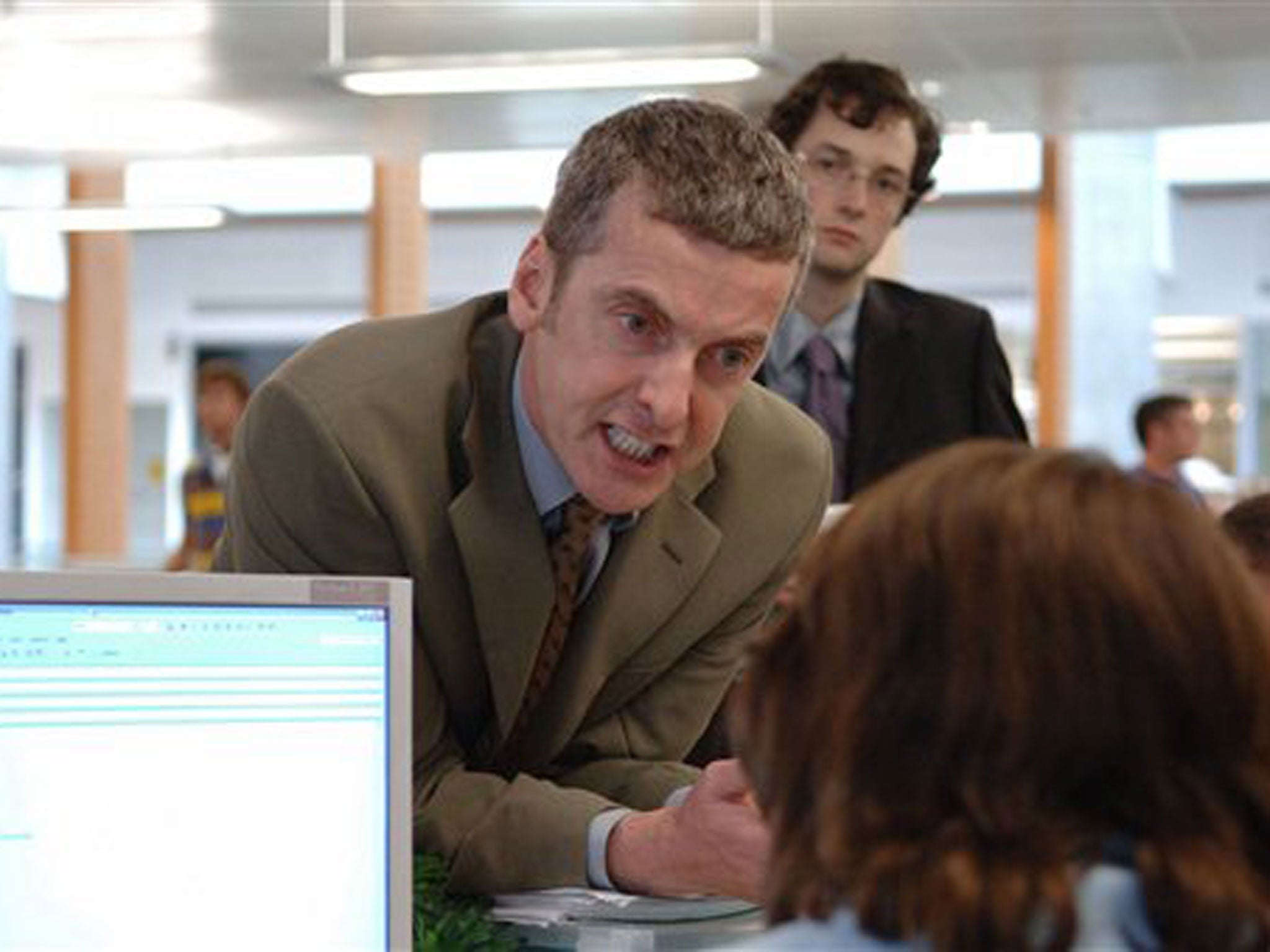Don't let Malcolm Tucker be your Big Brother
George Orwell's novel 'Nineteen Eighty-Four' influenced a mood that was suspicious of the power of the state


Why did Labour lose the 1951 election? Were people tired of post-war austerity; or had they decided that Clement Attlee's government was divided and exhausted? No, according to Charles Curran, a Conservative MP, "more than any other single factor" in the defeat of the Socialists was the publication in 1949 of Nineteen Eighty-Four. George Orwell's warning against totalitarianism "did more than all the speeches, all the advertisements and all the politicians to change the climate of public opinion in England", said Curran.
This is one of the nuggets in A State of Play, a book by Professor Steven Fielding, of the University of Nottingham, to be published this spring, about the portrayal of politics in fiction. It is a brilliant analysis of a simple, obvious and usually overlooked idea: that what people think about politics is formed as much by popular fictions as by media reporting of politics itself.
Plainly, Orwell's novel was not decisive in the 1951 election. But it influenced a mood that had become suspicious of the power of the state, and of Soviet communist ideology, in ways that made Attlee's problems worse.
Fielding's book, subtitled, "British Politics on Screen, Stage and Page, from Anthony Trollope to The Thick of It", cites many other examples. The Clangers special on election day in October 1974, "Vote for Froglet", was a cry of frustration by Oliver Postgate, the creator of the series. In it, the narrator tells the Clangers that they've got to vote, either for the Froglet or for the Soup Dragon, but they refuse and hide down their holes on their moon. In this, they reflected the view of Postgate, grandson of George Lansbury, Labour leader in the 1930s, that "something was going seriously wrong with the way our country was being run" and that "we, the public, were being treated as if we were stupid".
The programme did not cause the low turnout in the election – after all, it was the second general election that year – nor did it cause the big rise in the proportion of people voting for parties other than Labour and Conservative, but it must have reflected and fed back the common disillusion with politics of the time when strikes and inflation seemed to be making Britain ungovernable.
Fielding is particularly acute on how politicians are portrayed in fiction. There are three main types. First, there is the self-seeking cynical manipulator, who doesn't believe in anything and is usually pompous (Cornelius Fudge in Harry Potter). The more sinister of this type has become more common in recent fictions, such as State of Play, the 2003 television serial, in which British ministers are part of an oil industry conspiracy. Second, there is the bumbling puppet of the real operators of politics, whether civil servants (Yes Minister) or spin doctors (The Thick of It). And third, there is the wish-fulfilment left-wing hero (Harry Perkins in A Very British Coup and Hugh Grant in Love Actually).
There you have it. The three main templates for politicians are: self-serving, ineffectual or a simplistic fantasy, compared to which any actual politician is bound to look like a temporising sell-out.
As someone who has written so much about the relationship between Tony Blair and Gordon Brown, I have often wondered why fictional treatments of their relationship fail to capture the extraordinary personal drama of the real thing, preferring to substitute cheap clichés about what politicians are like.
Fielding is similarly dismissive of the fictions purporting to portray New Labour politics: "Subtle political dramas that explored the many dimensions of political activity aimed at millions had always been fairly hard to find. During this period they became almost as rare as the unicorn."
The power of fiction to shape the perception of politics was vividly illustrated by the way the word "omnishambles" migrated from a sweary Malcolm Tucker rant in The Thick of It in 2009, via private conversations between journalists and government officials, to a mainstream media description of the 2012 Budget. George Osborne's place in history will for ever include a footnote explaining the origin of the term.
The way politics is represented in fiction matters, because it is another mechanism by which hostility to politicians and corrosive cynicism about democracy is reinforced. Not that there is much that can be done about it – any more than can be "done about" Mock the Week's unfunny joke three years ago: "Sometimes Ministers would break up boring Cabinet meetings by convincing David Blunkett he was black". Blunkett was right to be annoyed, but wrong to suggest last week that television comedy should be regulated as if it were current affairs.
Censorship is not the answer, but we ought to be better aware of the assumptions about politics that are promoted by television dramas, films and novels. If we all disappear like Clangers into our holes and refuse to take part in democracy, that really might result in the totalitarian nightmare against which George Orwell warned us.
Join our commenting forum
Join thought-provoking conversations, follow other Independent readers and see their replies
Comments
Bookmark popover
Removed from bookmarks